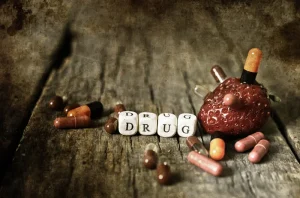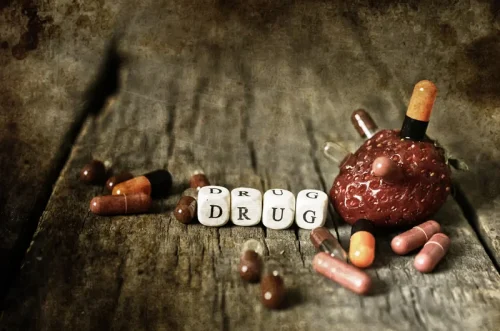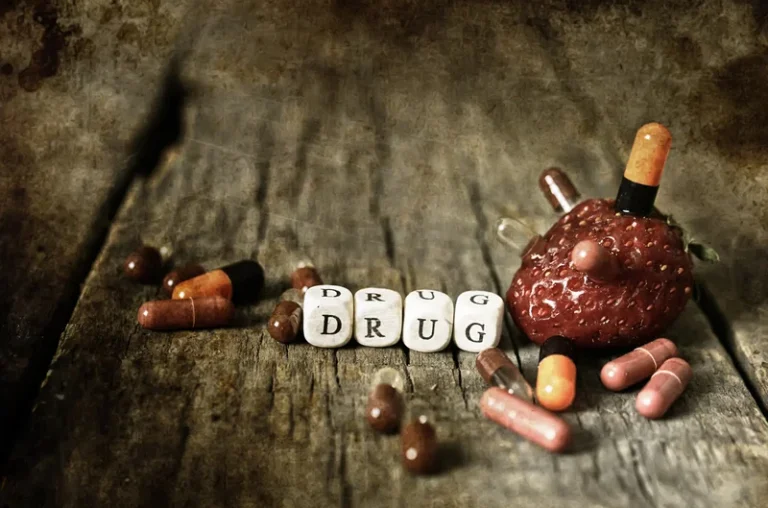
It depends on what you are drinking (some drinks like alcopops contain more sugar) and people obviously have different taste preferences. The fact that ethanol is created from sugars is also likely to increase our propensity to drink. For example, research suggests that some individuals have a predisposition to prefer sugar and this can make them more prone to developing alcohol addiction. Alcohol also seems to act on some of the same brain areas activated by https://ecosoberhouse.com/ sweet tastes.

Alcohol withdrawal
- Alcohol use disorder can include periods of being drunk (alcohol intoxication) and symptoms of withdrawal.
- Hot flushes after drinking alcohol can happen for a variety of reasons, including drinking too much or as a symptom of a hangover.
- Alcohol use disorder includes a level of drinking that’s sometimes called alcoholism.
- However, as described above, alcohol itself is a known risk factor for hot flashes.
Such home remedies may include staying hydrated and keeping the bedroom at a comfortable temperature. Stress is biologically mediated by the hypothalamic pituitary adrenal axis – a feedback system between the brain and the pituitary and adrenal glands. But acute alcohol consumption can stimulate this, increasing the production of several stress hormones including corticosterone and corticotropin. But the “stress” response also interacts with the reward effects from the dopamine system, so it may very well feel good.
Wine Spectator Podcasts
In general, hot flashes and sweating are signs that our hangover has triggered our sympathetic nervous system, otherwise known as our fight-or-flight response. Symptoms typically include trembling or shaking, sweating, feeling hot, a rapid heartbeat, and high blood pressure. Another study noted that after a single drink, the body tries to counteract the brief sensation of warmth caused by increased blood flow to the skin by sweating, which further decreases body temperature. Hangover symptoms like excessive sweating, dehydration, and hot flashes can last up to 24 hours after your last drink. The longevity and severity of hangover symptoms depend on how much alcohol was consumed, how dehydrated you are, your age, and other conditions. People who experience night sweats regularly after drinking may have an issue with alcohol.

Help for Alcohol Abuse and Addiction
- Don’t worry, we are in network with over 100 insurances nationwide.
- Our daily research-backed readings teach you the neuroscience of alcohol, and our in-app Toolkit provides the resources and activities you need to navigate each challenge.
- Since we’re already dehydrated from alcohol, this is like a double whammy, causing us to experience even greater thirst, weakness, dry mouth, dizziness, or lightheadedness.
- Medical professionals are not sure why the results vary so widely in the studies, and more research is likely needed.
And while your sober brain may think twice before, say, walking 5 miles on foot through a snowstorm, why does alcohol make you hot you may be more inclined to do it when you’re under the influence of alcohol. Because alcohol intolerance is a genetic condition, there’s currently no cure for it. The best way to relieve the symptoms of alcohol intolerance is to limit or eliminate alcohol consumption.
Health Challenges

Keep in mind that cutting back on alcohol isn’t good just for preventing excessive heat or sweating, but also for enhancing our overall mental and physical health as well. Things are further complicated by the fact that sweating during a hangover can cause dehydration. Since we’re already dehydrated from alcohol, this is like a double whammy, causing us to experience even greater thirst, weakness, dry mouth, dizziness, or lightheadedness. You may sweat due to the heat if you may be drinking in an outdoor environment or under the sun, of course!
While this process makes the skin feel warmer, the widening of blood vessels is actually the body’s way of cooling itself down after alcohol consumption. For this reason, your skin might feel warm after drinking alcohol because your body is simply trying to push the heat out. What’s more, there’s a recognized link between alcohol and low body temperature, which is why drunk people are at risk of hypothermia. Alcohol makes you feel hot because it speeds up your heart rate and widens the blood vessels, called vasodilation, allowing more blood to flow, and causing the skin to feel warm and flushed.

Effects on the heart and blood vessels
Hot flushes after drinking alcohol can happen for a variety of reasons, including drinking too much or as a symptom of a hangover. Alcohol is a diuretic, which means the more you drink, the more frequently you’ll need to use the bathroom. You may also notice that in cold weather, you might not feel as thirsty, but your body still requires hydration.“Alcohol causes you to urinate a lot, which speeds up dehydration,” Dr. Waters explains.

The Relationship Between Alcohol and Hot Flashes
- Those who believe they have AUD or alcohol intolerance may wish to speak with their doctor.
- Alcohol is known for causing lots of side effects, including hot flashes.
- As a result, during a hangover this can cause abnormal changes to your thermoregulatory mechanisms.
- Rough sleeping in extremely low temperatures over winter, combined with prevalent alcohol addiction problems, make the homeless population particularly vulnerable to hypothermia.
- “By flushing and sweating you are delivering more heat to the skin and thereby increasing heat loss from the ‘core’ of the body to the environment.”
- For this reason, experts recommend seeking help if a person experiences persistent night sweats related to alcohol consumption.
Taking one glass of alcohol after another may cool you down mentally, but physically, you may feel the heat, quite literally! Genetic, psychological, social and environmental factors can impact how drinking alcohol affects your body and behavior. Theories suggest that for certain people drinking has a different and stronger impact that can lead to alcohol use disorder. One study of alcohol’s effects on body temperature showed that sweating and the sensation of heat increased significantly 10 minutes after consuming alcohol. Body temperature, however, dropped 20 minutes after the sweating began.
Alcohol withdrawal and night sweats
Because denial is common, you may feel like you don’t have a problem with drinking. You might not recognize how much you drink or how many problems in your life are related to alcohol use. Listen to relatives, friends or co-workers when they ask you to examine your drinking habits or to seek help. Consider talking with someone who has had a problem with drinking but has stopped.


Leave A Comment